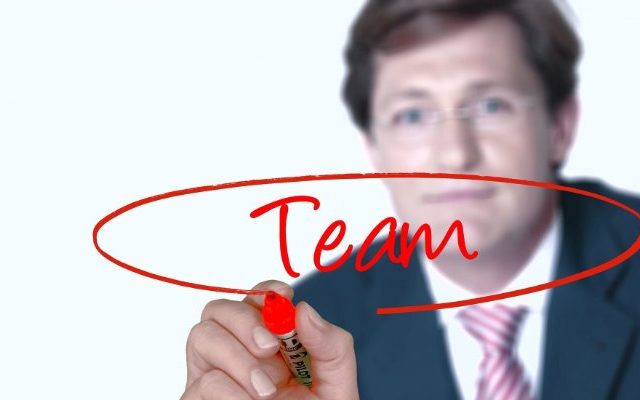When people think of leadership these days, there is often the misconception of someone at the top who is an autocrat, or someone in charge that people have to (or need to follow). Yet workplace values and dynamics have significantly changed from when leadership was very much delivered this way. Today, leaders need to think beyond themselves and start to look at what building a great team means.
This has often led to some of today’s best leaders in being quiet or even shy and introverted. However, they are great listeners, and can find the skills and attributes within their staff to move the organisation to new levels, outperform their competitors and fulfil the potential of both their people and their businesses. So how can a leader build a team to outperform his or her competitors? What skills and behaviours are needed to develop your employees?
Diversity Pushes the Boundaries
Diversity is a significant factor in the future success of any business. Research has shown that many top global leaders recognise this. In one survey, 84% of 821 business executives stated that their organisation’s ability to develop and manage diverse, high performing teams was critical if they were to be successful in the future. However, at the same time, half of those surveyed believed that their leaders were not equipped to manage and motivate the diverse teams.
It’s not Just an HR Exercise
Nearly two-thirds of those spoken to in the survey mentioned above, stated that their workforces had become more diverse. This is helping them to outperform their competitors and grow their business. However, there is still further action that can be taken and it cannot be made by an HR department on its own. Recruitment is the critical stage. Managers need to look at building teams that have the right global mindset, and then offer them a challenging work experience to test their skills and harness their ambition. Managers should also look at how they recruit and build a team that is focused on the core ethics of the organisation rather than their initial skills. Skills can always be learnt, but changing employee values and beliefs is much harder.
Debate is not a bad Thing
Debate for old leaders was not a positive activity, but in today’s modern world, healthy conflict within the workplace can be a way for a team to discover new ideas and processes and to improve performance. This is recognised by 85% of the global leaders surveyed. Leaders need to encourage their employees to voice their opinions and let their points of view be known. When this comes from a range of diverse viewpoints, leaders can be in a better position to make critical decisions because they have more knowledge, and greater perspective, so can better calculate the opportunities and risks associated with their options. This can improve responses and performance for the whole team. It is a simple fact that those that feel their opinion is respected by the organisation tend to work harder.
Goals Need to be Shared
A team that knows the goals and ambitions of the department and the company as a whole are more likely to share relevant information and take action that will move the company towards those goals. A shared, common purpose is a very powerful thing. This helps to improve your staff’s clarity on why actions are being taken, and with a little motivation from leaders, they can then be pushed to use the right skills to complete the task.
Identify Gaps
Your leaders should identify gaps within their workforce and look to recruit or train those already within the organisation to fill those shortcomings. Once leaders have started to fill gaps, then the performance of the team as a whole will improve, as those that aren’t competent at certain tasks can be given a role that is more suited to them. Also, the quality of the work will be better and the time to completion could be shortened. Therefore, productivity can be drastically improved, and the company can start to see results to their bottom line.
Developing Talent
Learning should always be a lifelong goal of any individual. Leaders need continuous training of their management and leadership skills while staff need training to develop expertise. This helps retain vital staff as the ability to learn new skills is often a motivator for people looking to move jobs. It will also contribute to improving team performance and cover gaps when the workforce temporarily loses a member due to illness or leave.
Conclusion
Leaders today are not the desk thumpers they used to be. They are now people who seek to get the most out of their workforce through listening and collaboration with those in their team, and the benefits can be seen through the quality of work produced and the company’s performance. If you want more information about leadership, then why not contact Balcroft, our Results-Driven Leadership Programme is guaranteed to deliver results, or we will continue to work until we have achieved the desired goals for free.
Article by channel:
Everything you need to know about Digital Transformation
The best articles, news and events direct to your inbox
Read more articles tagged: Featured, Leadership






